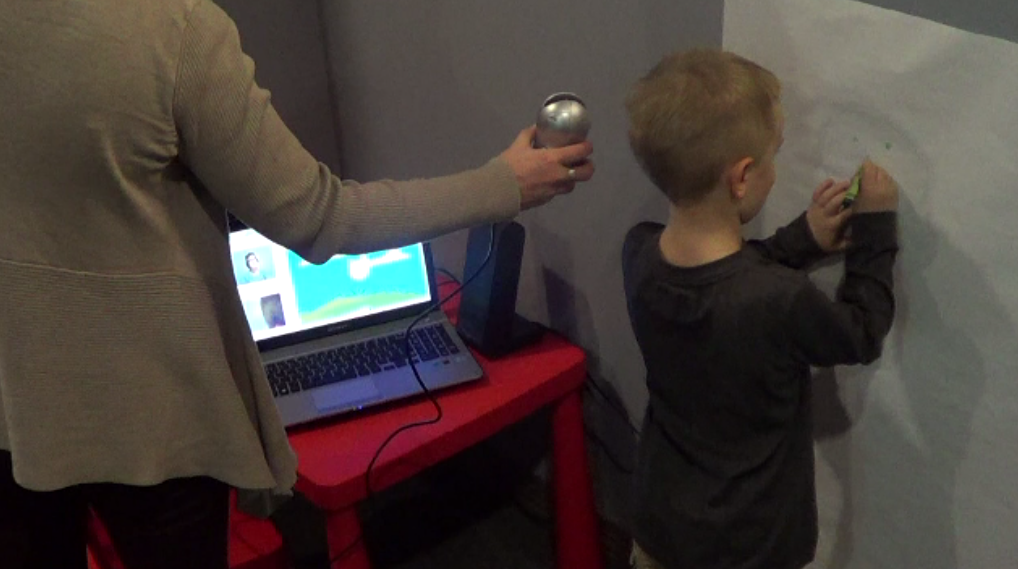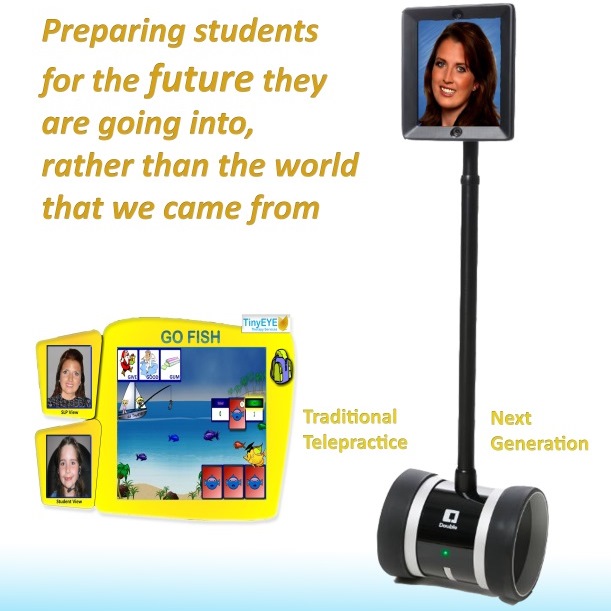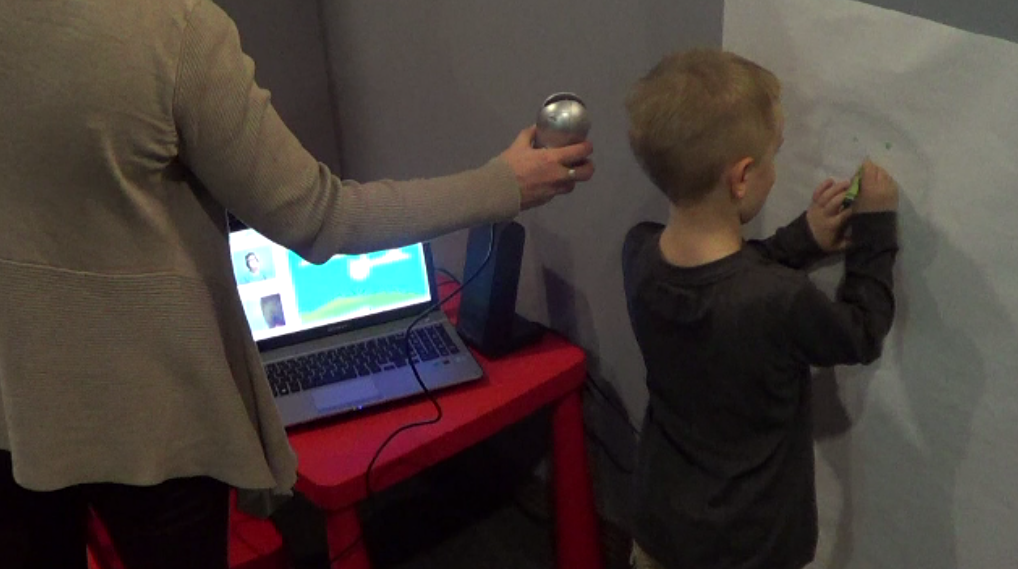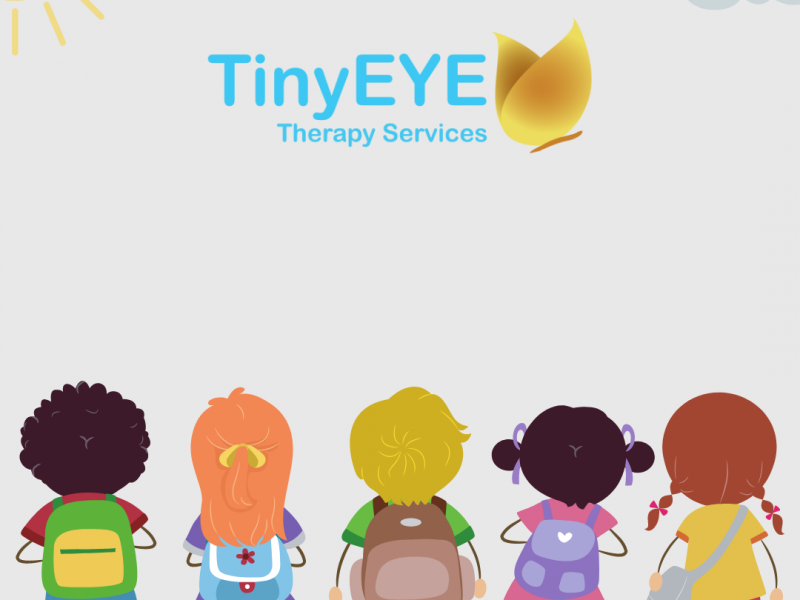Online Occupational Therapy: Why Should we Care?
Hello Everyone,
When you consider your occupation, does your current ability to participate either contribute or detract from your sense of self-worth, success, and joy? If you were aware of tools and ideas that could improve your occupation experience, would you appreciate the opportunity to access the support?
According to the Canadian Association of Occupational Therapists (CAOT), the term ‘occupation’ refers to a group of activities and tasks of everyday life that people do to occupy themselves, including self-care, leisure, and productivity (contributing socially or economically to their community). Occupational therapy enables people to engage in everyday living, helps people to perform occupations that foster health and well-being, and fosters a just and inclusive society so that all people can participate to their potential in the daily occupations of life. http://www.caot.ca/
With these outcomes in mind, you can likely imagine how essential it is for children, from birth towards adulthood, to have access to quality occupational therapy services. Investing into children provides them with tools and strategies that help them to invest into their home and community. Why occupational therapy? Do children have occupations?
Occupations and Children
Playmate, line-leader, teeth-brusher and writer…these are noble examples of how children occupy their day and contribute to their environment. The American Occupational Therapy Association (AOTA) explains that the role of occupational therapists includes serving children so that they can learn, play, and thrive. Common areas of need include developmental, educational, injury-related, emotional-behavior, and job readiness. Below are examples of ‘occupations’ for children, which are enriched by occupational therapists:
- Babies interact with their environment and caregivers
- Children play to foster creativity, derive joy, explore new experiences and ideas, and strengthen social interaction skills for healthy relationships
- Children contribute in their environment through roles such as setting the table, putting away toys, and caring for their belongings
- Children support their own well-being and seek independence through self-care tasks and emotional-behavioral management
- Students participate in numerous school activities that bring value to their own life and to those around them
Physical, developmental, sensory, attention, and learning challenges can prevent children from fully experiencing their occupations. Modifying tasks or the environment, incorporating tools, and enriching skills can improve a child’s life. To explore the tremendous scope of service that occupational therapists provide for children, visit this link from AOTA’s website: http://www.aota.org/en/About-Occupational-Therapy/Professionals/CY.aspx
Online Occupational Therapy – Why Should We Care?
The opportunity to create joy and to thrive in their occupations is significant to children’s lives. When children are deprived of interventions that were created to improve their present and future, we are limiting their contributions and overall well-being. It is in the best interest of communities to nurture its intrinsic health and sustainability through investing in its children. The reality is that many schools struggle to provide an ideal level of service due to geographical challenges, population variances, and low regional retention of professionals.
 Online occupational therapy (also known as e-occupational therapy) is a quality solution for providing schools with consistent access to productive support. When the goal is to improve children’s lives by bringing professional support to their day, your solution may be to access your therapist through e-occupational therapy. Below are points for your consideration when exploring online services:
Online occupational therapy (also known as e-occupational therapy) is a quality solution for providing schools with consistent access to productive support. When the goal is to improve children’s lives by bringing professional support to their day, your solution may be to access your therapist through e-occupational therapy. Below are points for your consideration when exploring online services:
Student-Focused Service
 TinyEYE’s online occupational therapists are highly trained to drive our students’ experience and outcomes. In addition to the value that our contributions have for educators, caregivers, and students, we leverage our impact though advanced technological tools that enable both access and mobility around our students’ educational environment. The image to the left shows the back of our robot. Our therapist gains mobility in the classroom through the robot so that she can enrich her ability to observe, teach and engage the students.
TinyEYE’s online occupational therapists are highly trained to drive our students’ experience and outcomes. In addition to the value that our contributions have for educators, caregivers, and students, we leverage our impact though advanced technological tools that enable both access and mobility around our students’ educational environment. The image to the left shows the back of our robot. Our therapist gains mobility in the classroom through the robot so that she can enrich her ability to observe, teach and engage the students.
Collaboration and Supervision
We use telepractice tools and service systems to collaborate with school teams and families, connect with colleagues, as well as supervise programs and service providers.
Legal and Ethical Responsibilities
The necessity of appropriate support services for children is validated through programs such as the Individuals with Disabilities Education Act (IDEA), Section 504 of the Rehabilitation Act, the Americans with Disabilities Act for students with disabilities, and Response to Intervention.
Influence the Future
 The sooner we can support our students so that they can more easily participate in academic and life experiences, the sooner we can redistribute the resources of our schools and communities.
The sooner we can support our students so that they can more easily participate in academic and life experiences, the sooner we can redistribute the resources of our schools and communities.
Without consistent support, caseloads may grow to their fullest capacity but children may not. As years progress, their learning and independence gaps can become wider. This can add strain to education and community systems.
The schools we serve were seeking an effective strategy for upholding their accountabilities to their students and community. Through TinyEYE, they now partner with our experienced online therapists, who are committed to making a difference for each child. With student-specific support, each child can experience a positive sense of self-worth, success, and joy….all because we believed in the value of their potential and the significance of a solution.



